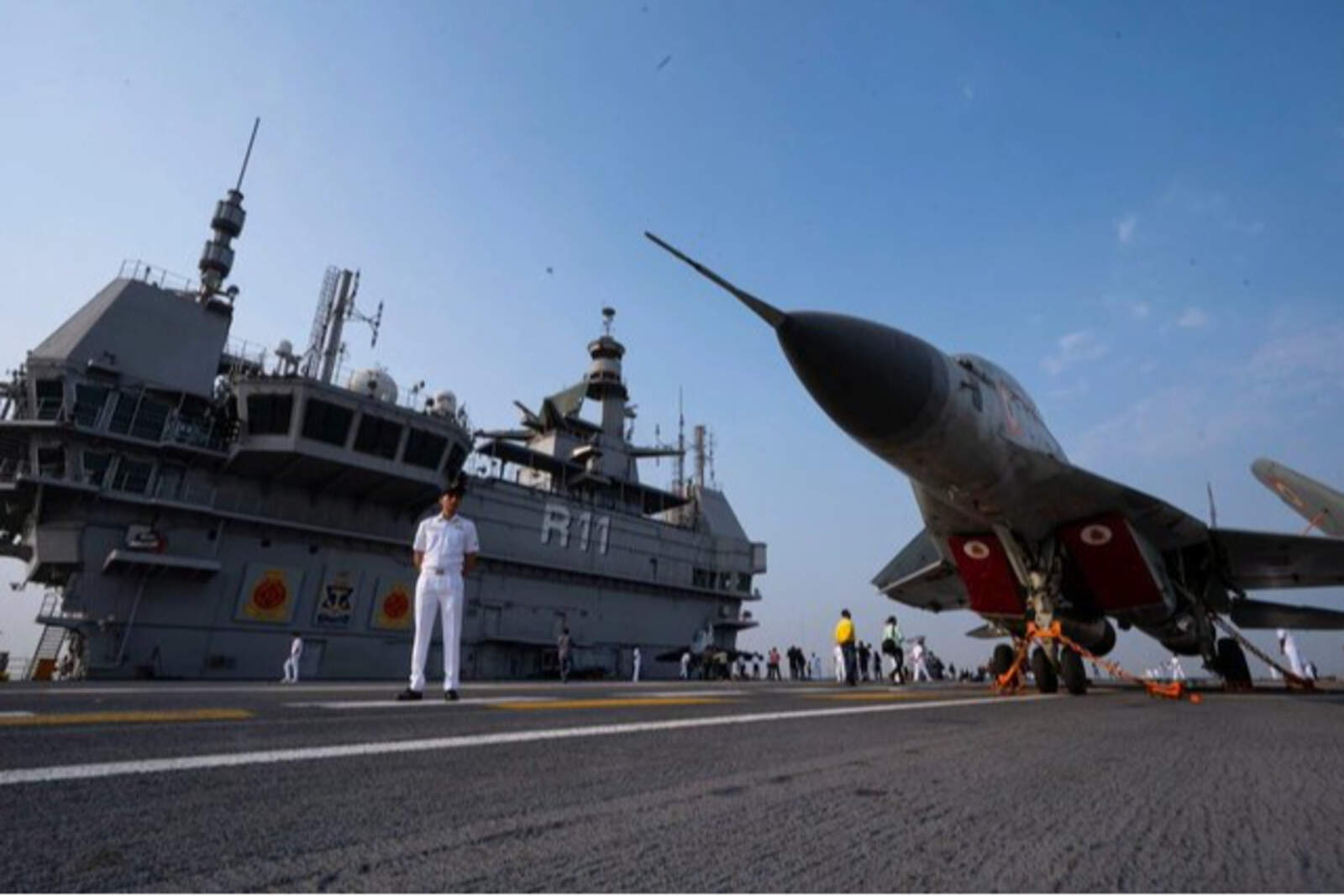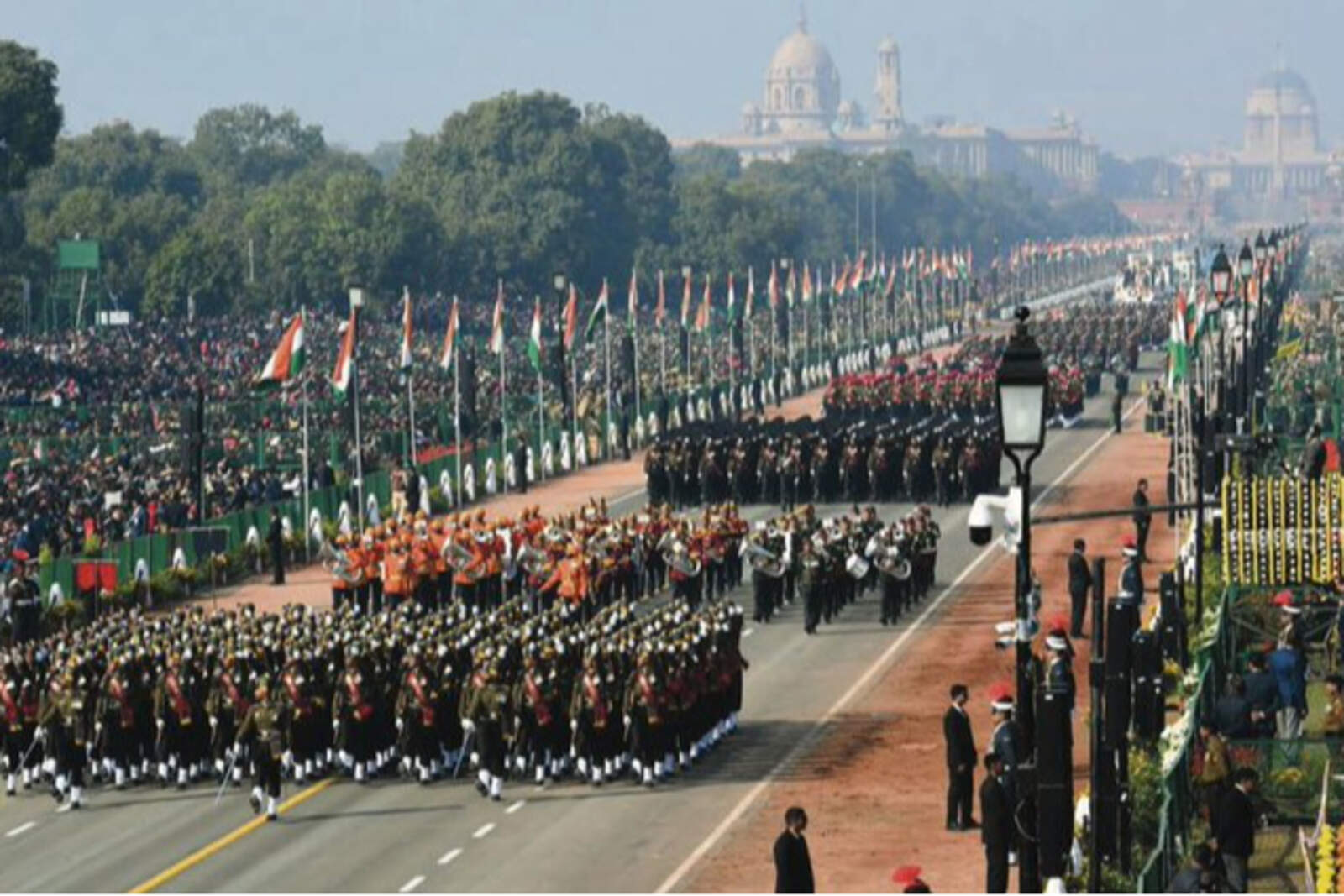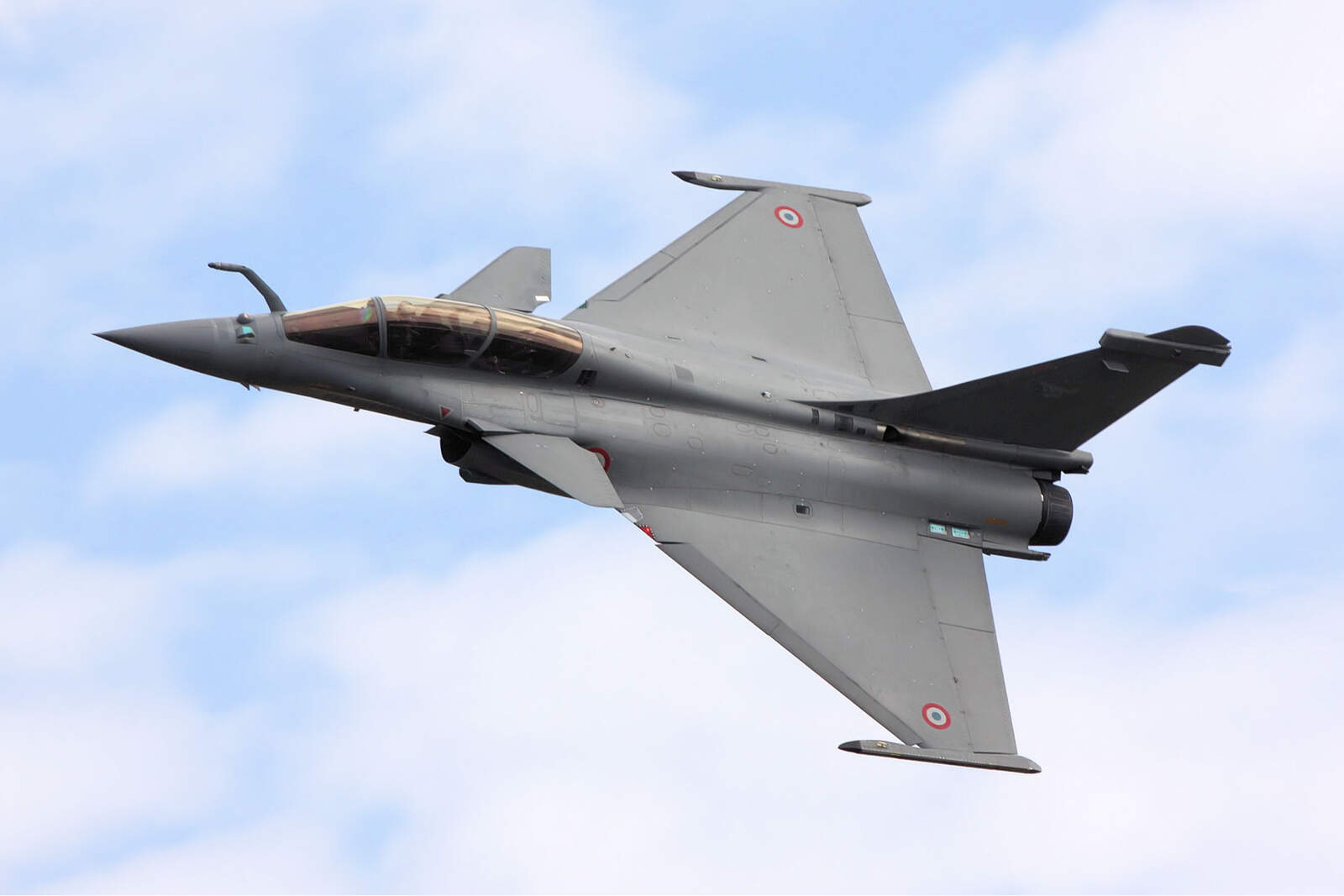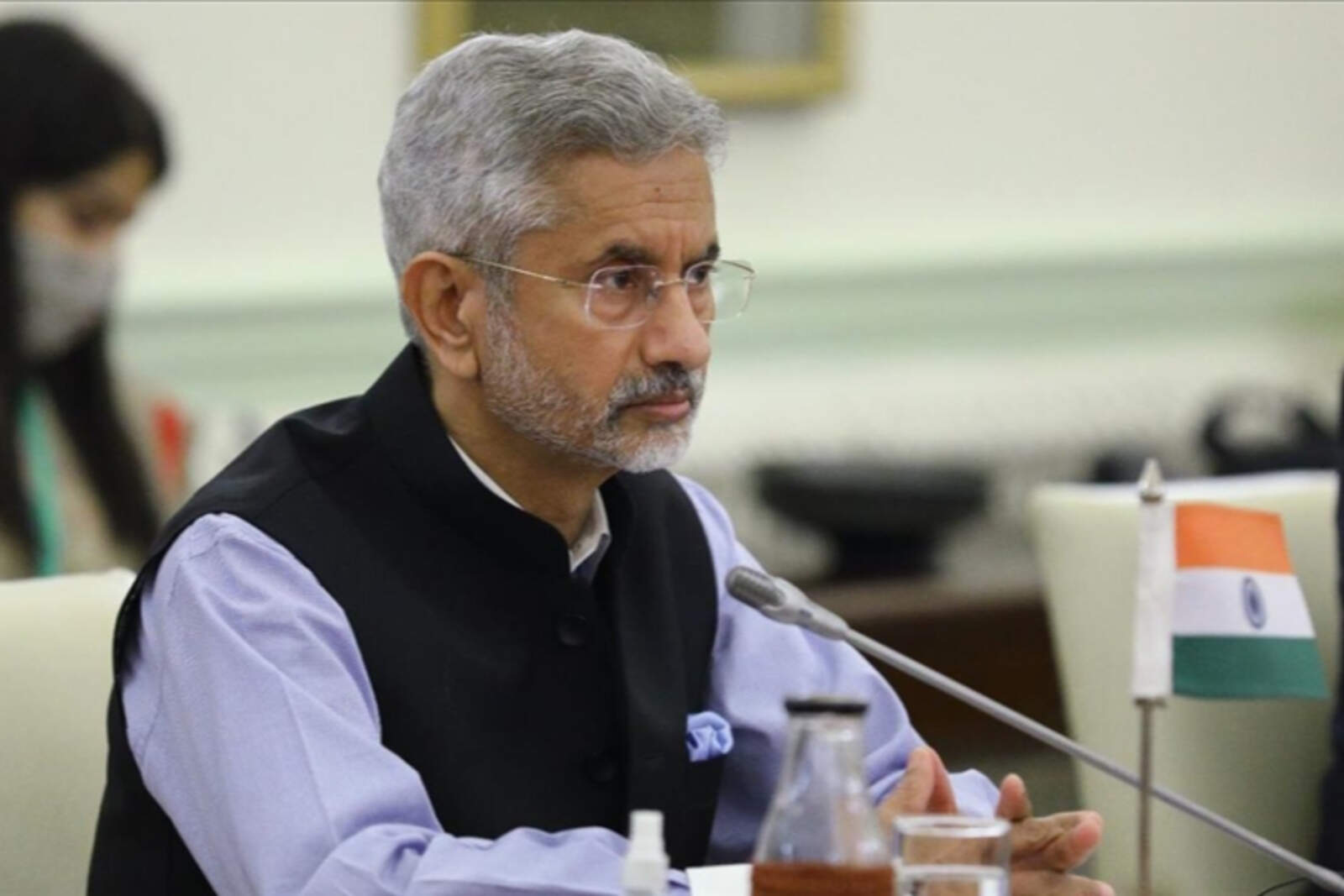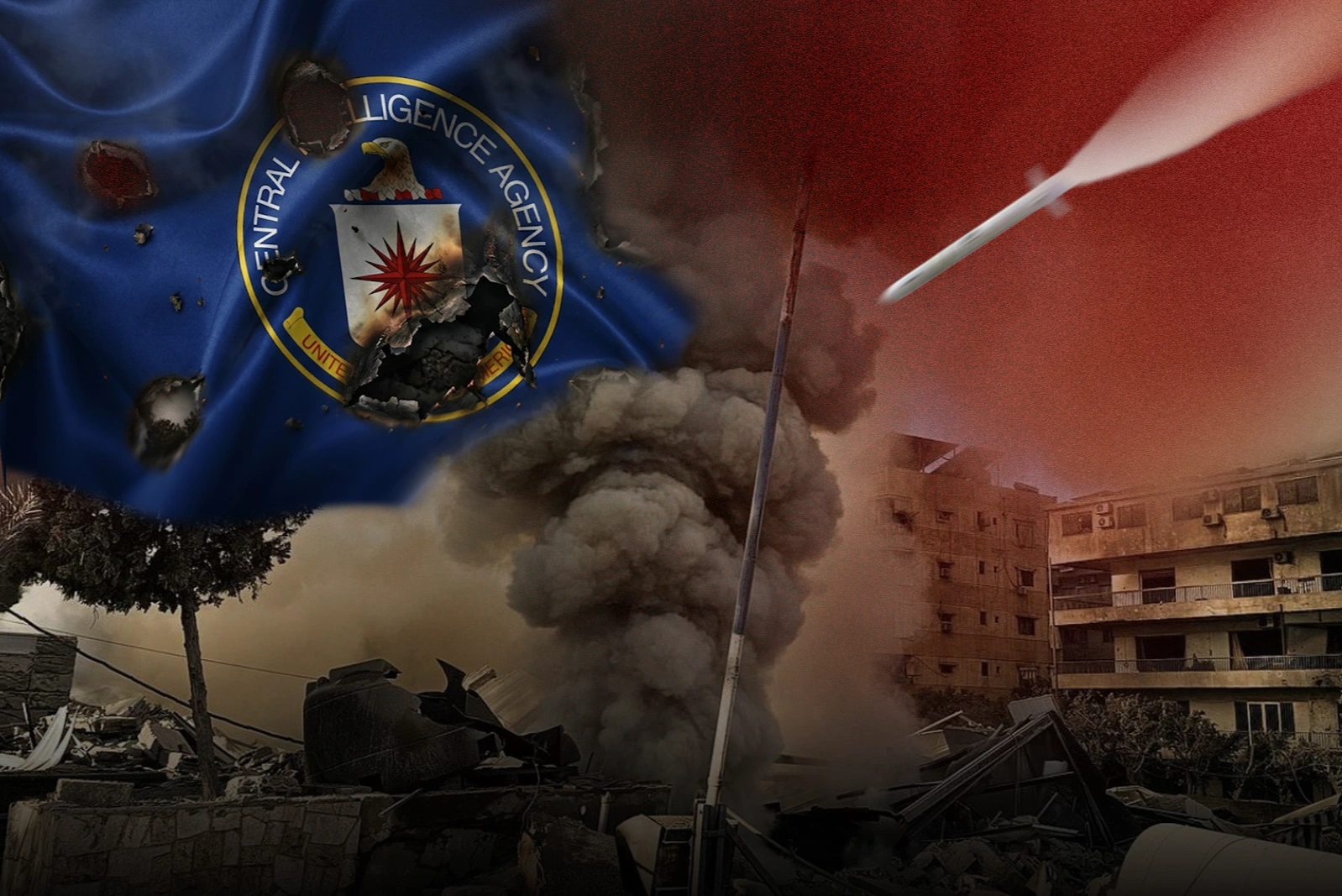Tensions between India and Pakistan have dangerously increased in recent days, following a series of border skirmishes, drone attacks, and airstrikes that have caused numerous civilian casualties and damage to critical infrastructure.
In response to these incidents, India has mobilized an offensive fleet of the Navy toward the northern Arabian Sea, approaching Pakistani waters and positioning itself between 300 and 400 miles off the coast of Karachi, Pakistan's main port and economic center.
The Indian fleet includes an aircraft carrier, destroyers, missile-equipped frigates, and anti-submarine ships. Some of these vessels are equipped with BrahMos missiles, jointly developed with Russia.
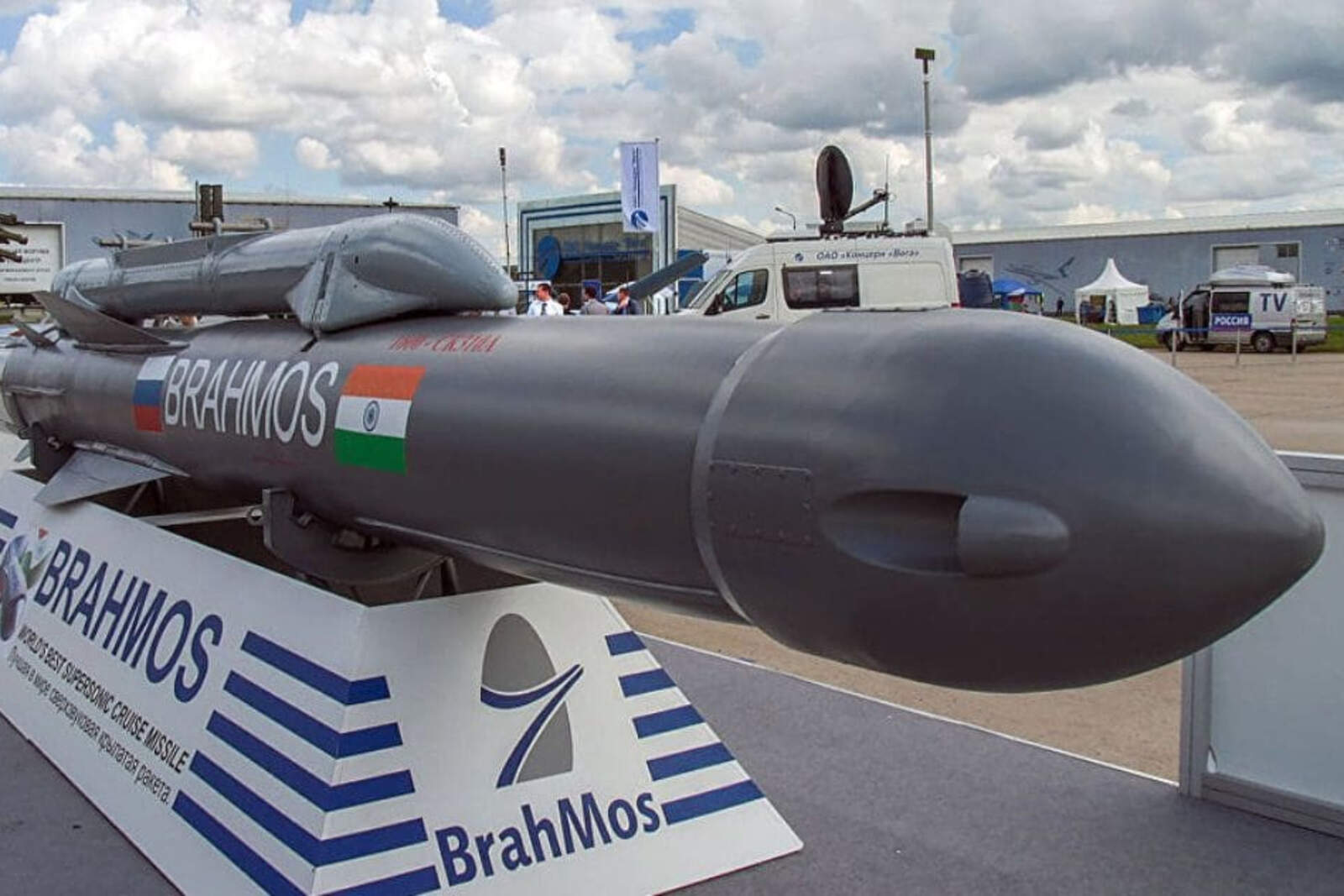
These missiles can carry a 300 kg warhead at speeds of up to Mach 3, with a range of up to 500 miles, putting Karachi within their attack radius.
Retired Admiral Faisal Shah of the Pakistan Navy assured local media that the Indian ships are more than 100 nautical miles from the maritime boundary, and they would have to approach another 200 miles to reach land targets.
He warned that if they attempt to advance, the Pakistan Navy is prepared to intercept them. Meanwhile, the Pakistan Navy issued a statement warning that it will take strict measures against any Indian "adventure" at sea.
The military escalation comes after a series of skirmishes initiated with a terrorist attack on April 22 in Pahalgam (Indian Kashmir), where 26 people were killed.
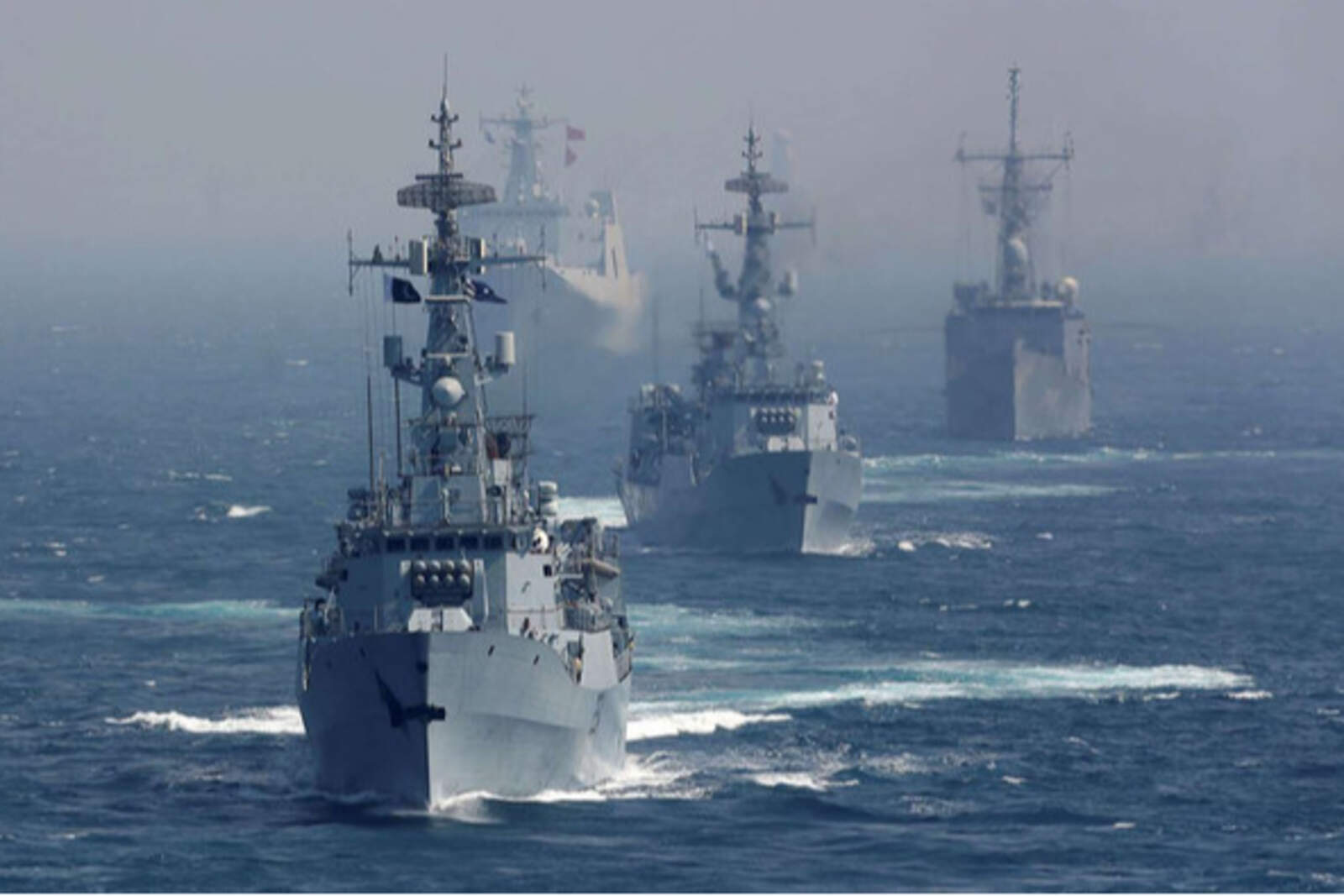
In retaliation, India launched airstrikes on May 7, allegedly destroying nine terrorist camps with about 80 aircraft, according to its sources. However, Pakistan reported that the attacks killed 31 civilians and caused damage to mosques and a power plant.
India also claimed to have intercepted a wave of drone and missile attacks from Pakistan targeting 15 cities, including Srinagar, Amritsar, and Jammu.

